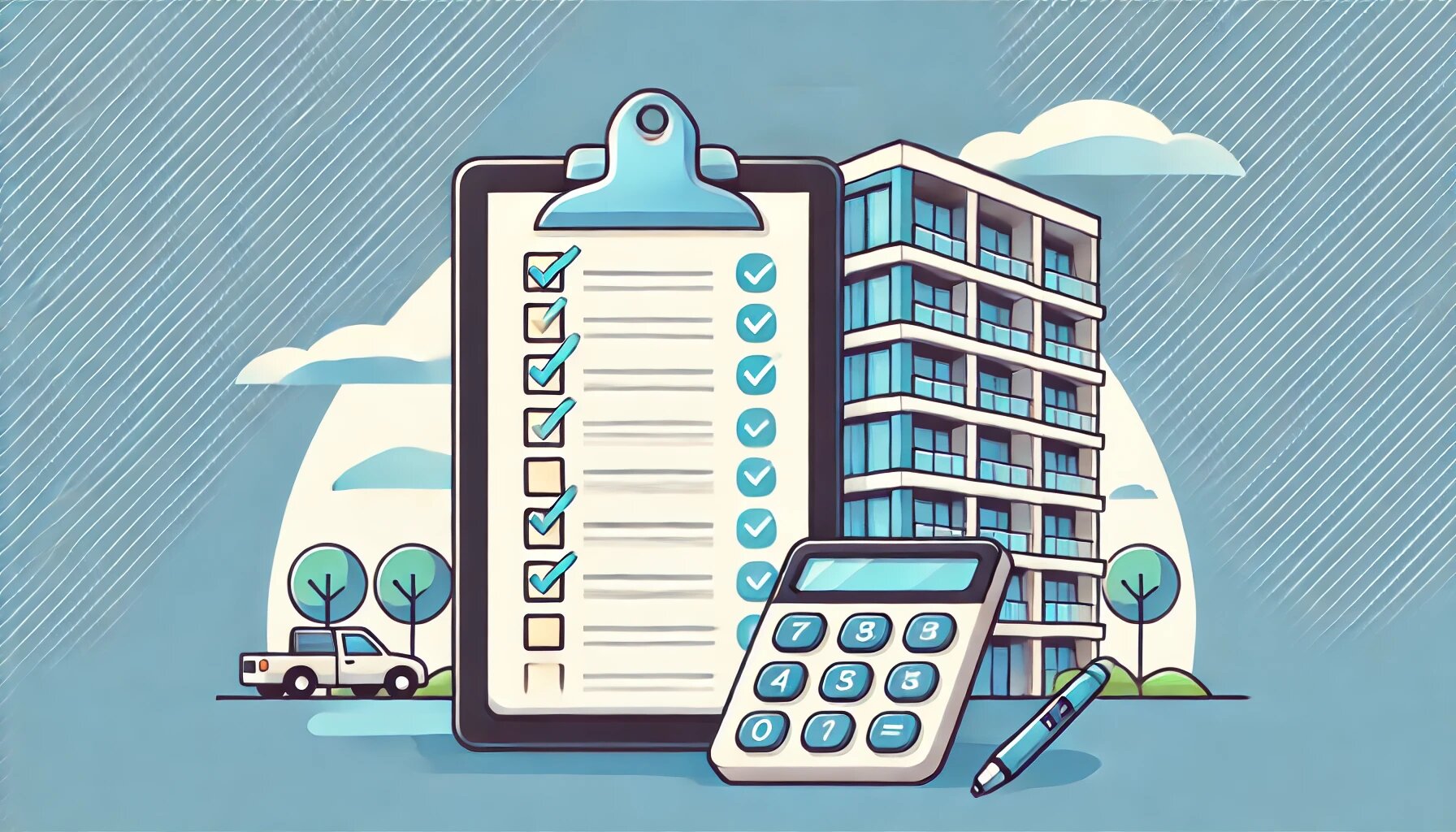15 Essential Tips for Effective Condominium Management
Managing a condominium requires organization, transparency, and knowledge of legal obligations. Adhering to best practices is crucial to ensure the smooth operation of common areas and harmonious living among residents. Here are 15 indispensable tips for efficient administration:
1. Administrator's Compensation
Although it may seem like a voluntary role, condominium administration is a job that should be compensated, as stipulated in Article 1438 of the Civil Code. This compensation should be agreed upon in the residents' assembly.
2. Replacing Management Companies
If residents decide to take over condominium management, they can terminate the contract with the current management company, adhering to contractual terms and ensuring the transfer of all necessary documents and access.
3. Condominium Registration
The condominium must have a Tax Identification Number (TIN), obtained through registration with the National Registry of Legal Entities, to fulfill tax obligations and contract services.
4. Separate Bank Accounts
It is essential to maintain a dedicated bank account for the condominium, separate from the administrator’s personal finances, ensuring transparency and facilitating financial management.
5. Detailed Budget
Prepare an accurate annual budget, including all anticipated expenses, and establish the necessary monthly contributions. Present it to the assembly for approval.
6. Document Organization
Keep all documents, such as invoices and receipts, organized and accessible, allowing any resident to verify accounts when necessary.
7. Common Area Income
Income from renting common areas must be declared by each resident in proportion to their unit, as per Article 19 of the IRS Code.
8. VAT Deduction
Condominium expenses are not deductible for VAT purposes, even if units are used for VAT-taxable activities.
9. Income Declaration
The administrator must declare condominium income to tax authorities, even if it is exempt from taxation, ensuring compliance with legal obligations.
10. Correspondence Confidentiality
The administrator must respect residents’ privacy, not disclosing correspondence, especially in cases of payment default.
11. Noncompliance Penalties
Establish penalties for residents who fail to fulfill their obligations, such as paying fees, in the condominium’s regulations, in compliance with current laws.
12. Pets
The condominium cannot prohibit pets in individual units but may regulate their presence in common areas, respecting owners’ rights.
13. Debt Prescription
Condominium debts prescribe after five years. Act quickly to recover overdue amounts to avoid loss of revenue.
14. Facade Modifications
Any work altering the building’s facade, such as installing enclosures, must be approved in assembly by a qualified majority, as stipulated in the condominium regulations.
15. Conflict Resolution
In case of disputes, follow a staged approach: direct dialogue, formal written communication, and, if necessary, recourse to authorities or legal proceedings.
Conclusion
Effective condominium management requires knowledge of legal obligations, organization, and transparent communication with residents. By following these 15 tips, administrators will be better prepared to face the challenges of condominium administration, promoting a harmonious and well-managed environment.

